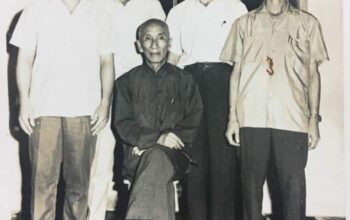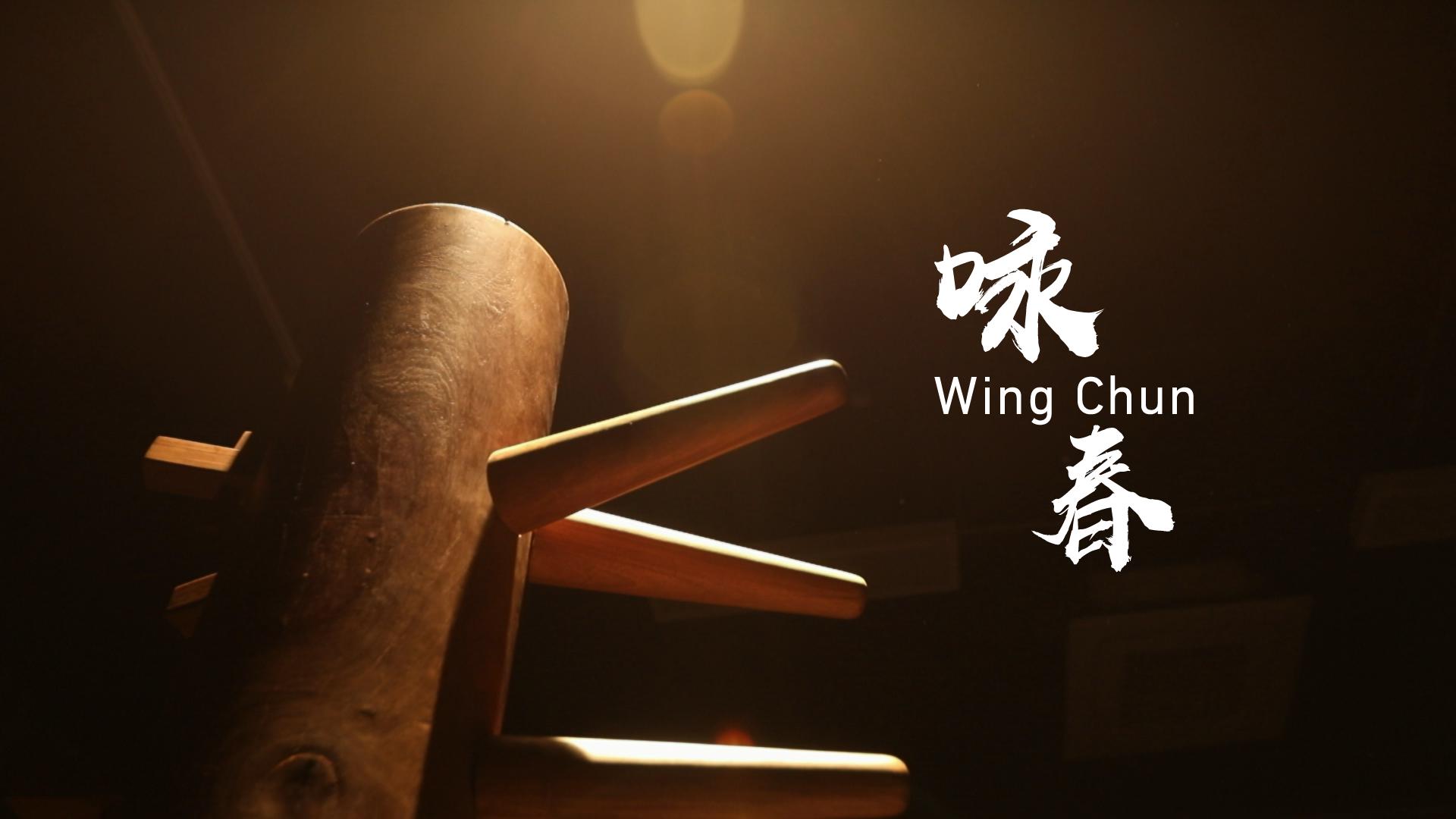Can Wing Chun be Used for Self-Defense?
Self-defense is a fundamental aspect of personal safety and protection. Throughout history, various martial arts have emerged as systems for self-defense, each with its own unique techniques and philosophies. One such martial art is Wing Chun, a Chinese combat system known for its practicality and efficiency. Developed by a female Shaolin monk named Ng Mui, Wing Chun has gained popularity worldwide, but can it truly be relied upon for self-defense? Let’s delve deeper into the art of Wing Chun and evaluate its effectiveness in real-life confrontations.
Wing Chun is often lauded for its emphasis on practicality, economy of movement, and simultaneous attack and defense techniques. The system is designed to enable individuals of all sizes and physical abilities to defend themselves against larger and stronger opponents. Wing Chun employs close-range combat, utilizing swift hand techniques, rapid punches, kicks, and effective trapping movements to neutralize attacks. Its core principles revolve around sensitivity, relaxation, and efficient body mechanics, enabling practitioners to swiftly intercept and counter incoming strikes.
One of the main advantages of Wing Chun as a self-defense system is its focus on close-quarters combat. Unlike martial arts that rely heavily on kicks or acrobatic movements, Wing Chun is specifically tailored for real-life situations where space may be limited or the need to protect oneself arises suddenly. The techniques are practical, direct, and can be executed in tight spaces such as narrow alleys or crowded areas. Moreover, Wing Chun places great emphasis on training for practical scenarios, enabling practitioners to develop reflexes and muscle memory that can be quickly applied in self-defense situations.
Another strength of Wing Chun lies in its training methods, which emphasize realistic drills and sparring. By engaging in partner drills and controlled sparring, practitioners learn to adapt their techniques to different opponents and situations, enhancing their ability to react effectively in real-life confrontations. The repetitive training helps develop muscle memory and quick reflexes, allowing Wing Chun practitioners to respond swiftly to attacks without conscious thought. The training also builds physical fitness, agility, and mental focus, all of which are essential attributes for self-defense.
However, it is important to note that like any martial art, the effectiveness of Wing Chun in self-defense ultimately depends on the individual practitioner’s skill, training, and experience. Merely possessing a theoretical knowledge of Wing Chun techniques may not suffice in a real-life altercation. Practical application and realistic training scenarios are crucial to developing the necessary reflexes, timing, and adaptability needed to defend oneself effectively.
Moreover, while Wing Chun is an effective system for close-quarters combat, it may have limitations when faced with certain situations or against opponents with different skill sets. Every martial art has its strengths and weaknesses, and Wing Chun is no exception. For instance, grappling techniques or ground fighting may not be extensively covered in Wing Chun training, which could pose challenges if a confrontation ends up on the ground.
In conclusion, Wing Chun can indeed be used for self-defense, given its emphasis on practical techniques, efficient movements, and close-quarters combat. Its training methods and principles can equip practitioners with the necessary skills to protect themselves effectively. However, it is important to remember that individual skill, experience, and the ability to adapt to different situations are paramount. Combining Wing Chun with a well-rounded self-defense strategy that includes awareness, avoidance, and de-escalation techniques can further enhance one’s personal safety. Ultimately, the effectiveness of Wing Chun as a self-defense system lies in the hands of the practitioner who diligently trains and hones their skills to be prepared for any potential threat that may arise.







